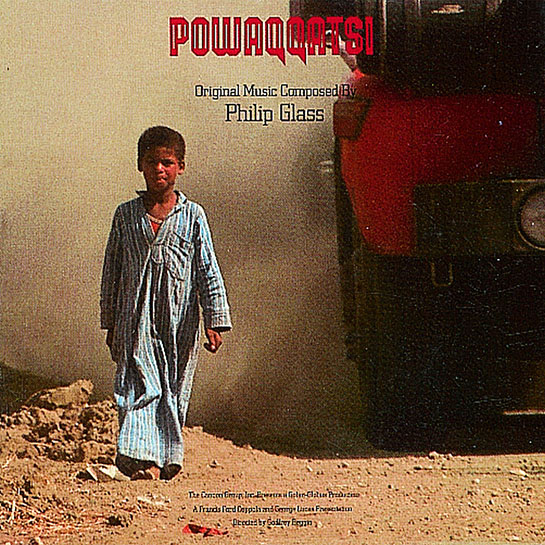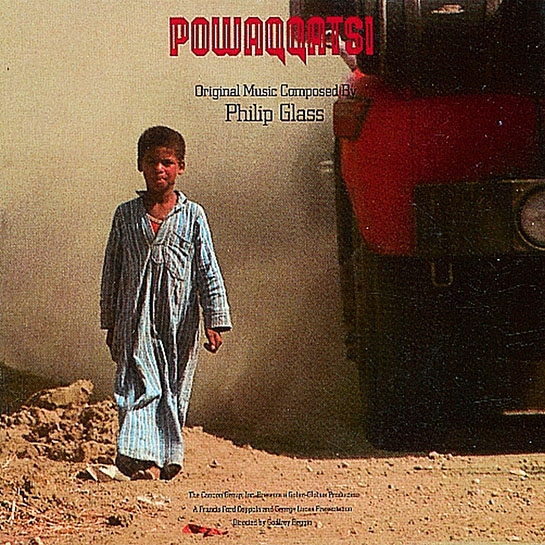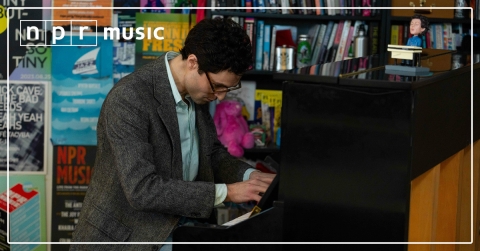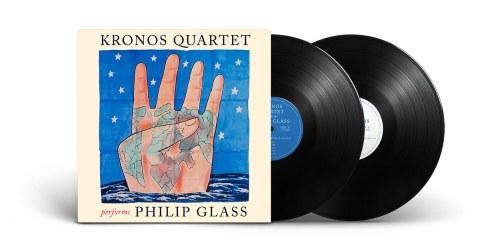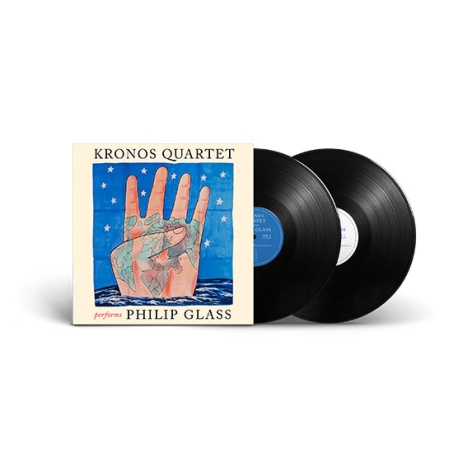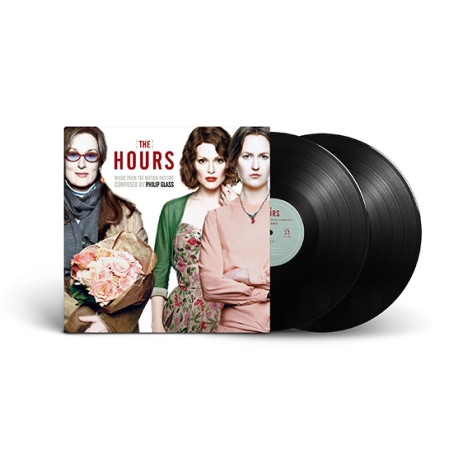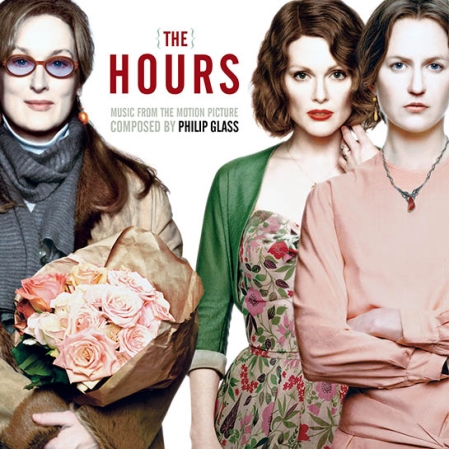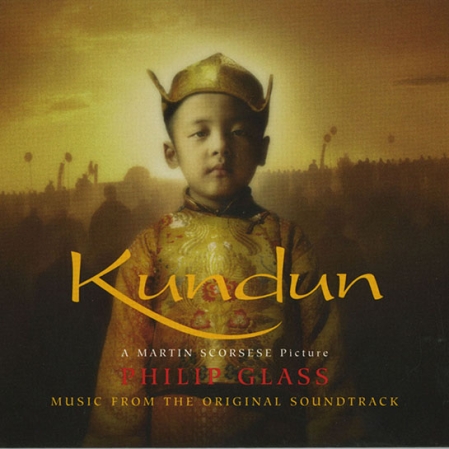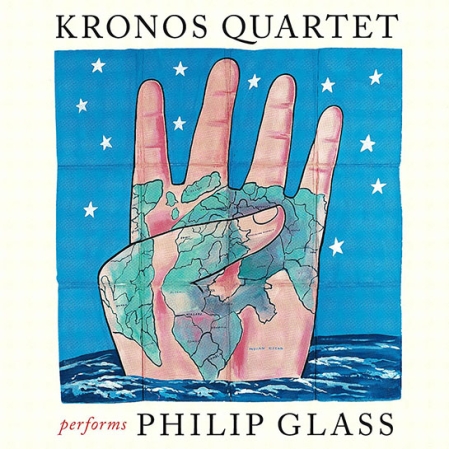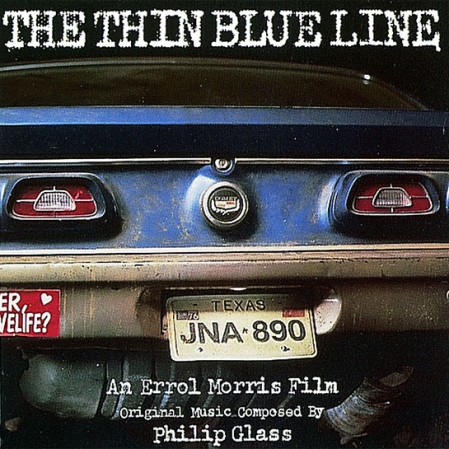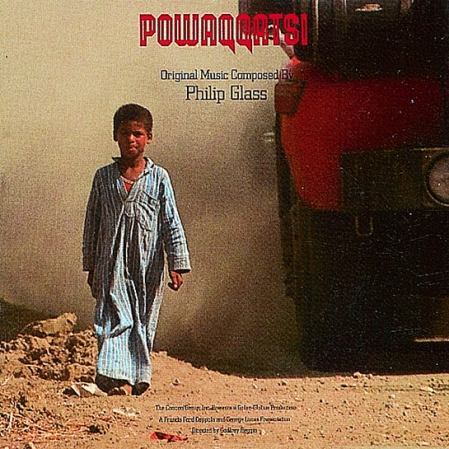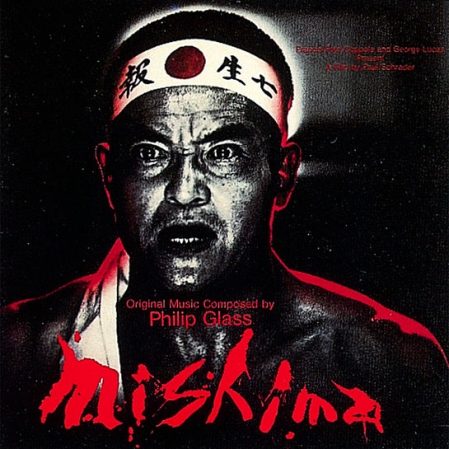Powaqqatsi, Geoffrey Reggio's 1988 wordless visual essay on "life in transition," the second in a cinematic trilogy, anticipated the looming problems of globalization on the natural landscape. Glass matches Reggio's stunning imagery with music of "convincing grandeur," says the New York Times.
Powaqqatsi, Geoffrey Reggio's 1988 wordless visual essay on "life in transition," the second in a cinematic trilogy, anticipated the looming problems of globalization on the natural landscape. Glass matches Reggio's stunning imagery with music of "convincing grandeur," says the New York Times.
PRODUCTION CREDITS
Produced by Kurt Munkacsi
Recording engineer/Associate Music Producer: Don Christensen
Assistant engineer: Miles Green
Recorded and mixed at The Living Room, New York City
Ambient sound effects and additional recording: Bob Bielecki and Connie Kieltyka
Sythesizer programming and sound design: Jeffrey Rona
Sound effects design: Gary Summers
Production supervisor: Rory Johnston
Sound effects re-recorded at Sprocket Systems, San Rafael, California
Digital editing: New York Digital
Mastering: Bill Kipper, Masterdisk, NYC
Music by Philip Glass; lyrics by Bernardo Palumbo
Design: Pentagram
79192
MUSICIANS
Michael Reisman, conductor
Foday Musa Suso, kora, balafon, dousongoni, nyanyer, kari nyan
Shaikh Fathy Mady, vocal solo
Al DeRuiter, bass voice
Joe Passaro, Sue Evans, Roger Squitero, Valerie Naranjo, percussion ensemble
Sergiu Schwartz, Sanford Allen, Elliott Rosoff, Karen Karlsrud, Richard Sortomme, Linda Quan, Carol Pool, violin
Jill Jaffe, Karl Bargen, Lois Marten, Jack Rosenberg, viola
Seymour Barab, cello
Barbara Wilson, bass
Michael Parloff, Jack Kripl, Diva Goodfriend-Koven, flute, piccolo
Jorge Joven, Miguel Grande, Jefe Ronda, quena ensemble
John Moses, Steve Hartman, Laura Flax, clarinet
Jack Kripl, Jon Gibson, Steve Elson, saxophones
Lauren Goldstein, Ethan Bauch, Mike Finn, bassoon
Jon Gibson, dijerido
Wilmer Wise, Lorraine Cohen, Bill Rhodin, Neil Balm, trumpet
Sharon Moe, Joe Anderer, Ann Yarbrough, Tony Miranda, Alan Spangler, French horn
James Pugh, Keith Oquinn, Alan Raph, trombone
Alan Raph, tuba
Michael Reisman, Jeffrey Rona, Martin Goldray, Paul Rice, Lee Curreri, keyboards
Frank Menusan, tanpura
Hispanic Young People’s Chorus
Musical director: Angélica Rosa Sepúlveda
